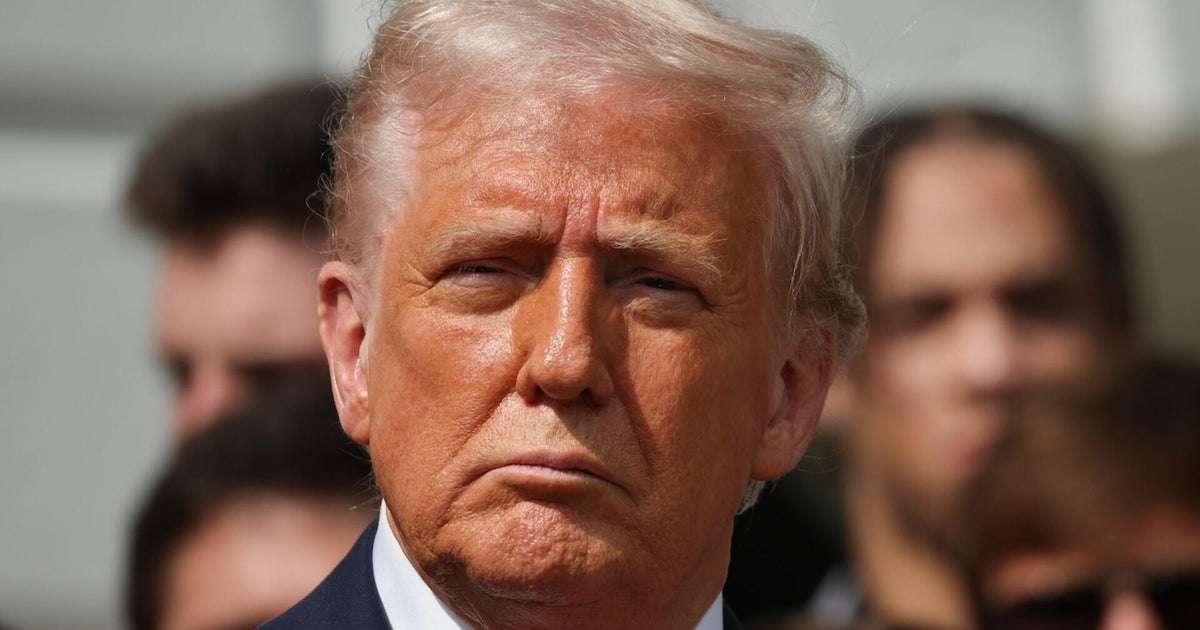Key takeaways:
- D.C. Chief Judge James Boasberg criticized the Trump administration for ignoring court orders and acting in bad faith in deporting over 100 Venezuelans to El Salvador under the Alien Enemies Act of 1798, depriving them of due process.
- The administration used the rarely invoked Alien Enemies Act to justify deportations, claiming the individuals were members of the Venezuelan gang Tren de Aragua, and minimized judicial intervention in the process.
- Judge Boasberg warned of potential hearings, criminal charges, and hiring a private attorney to prosecute if the Department of Justice does not act, highlighting concerns about the balance of power between the executive branch and the judiciary.
In a recent development, D.C. Chief Judge James Boasberg issued a detailed 46-page opinion criticizing the Trump administration’s handling of deportations under the Alien Enemies Act of 1798. Judge Boasberg accused the administration of deliberately ignoring his orders and acting in bad faith regarding the removal of more than 100 Venezuelans to a detention facility in El Salvador. This move, according to Boasberg, deprived the individuals of due process and prevented the courts from reviewing the actions taken by the government.
The judge’s opinion highlighted what he perceived as a scheme by the Trump administration to use rarely invoked wartime powers to carry out these deportations. The administration cited the Alien Enemies Act, an 18th-century law, to justify the deportation of alleged members of the Venezuelan gang Tren de Aragua. These individuals were flown to El Salvador, where they were detained by the Salvadoran government. Judge Boasberg expressed concern over the administration’s efforts to minimize judicial intervention in these cases.
Boasberg’s decision underscored his belief that the administration showed a “willful disregard” for his orders not to proceed with the deportations. He warned that if the administration does not change its course of action, he could hold hearings, recommend criminal charges, and even hire a private attorney to prosecute the case if the Department of Justice refuses to take action. This stern warning reflects the seriousness with which the judge views the administration’s actions.
The opinion sheds light on the broader implications of the administration’s use of the Alien Enemies Act and raises questions about the balance of power between the executive branch and the judiciary. As the situation unfolds, it remains to be seen how the administration will respond to Judge Boasberg’s warnings and whether further legal actions will be pursued.



Be First to Comment